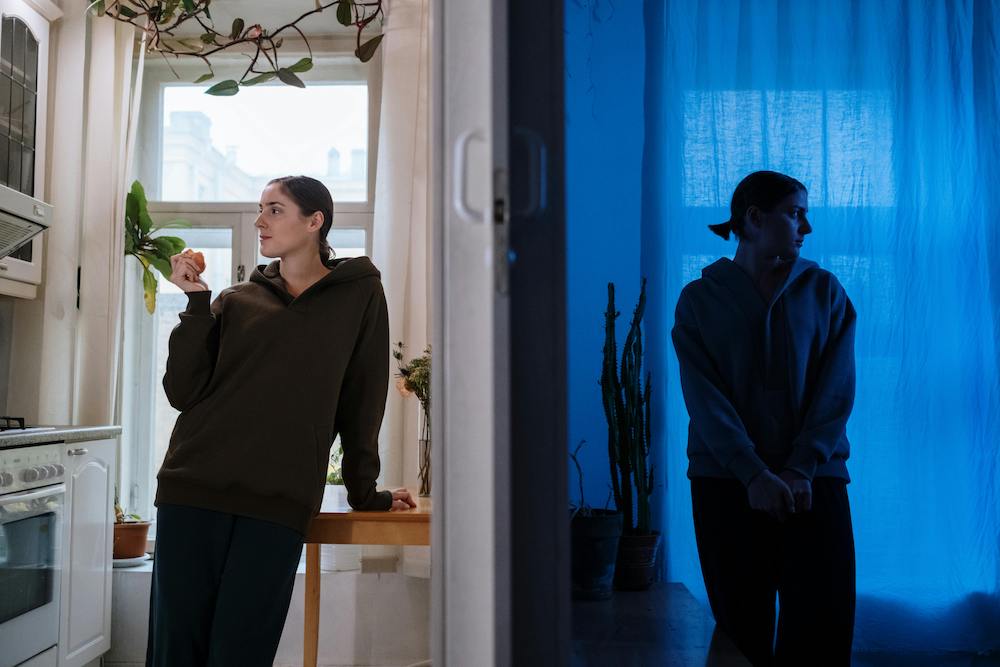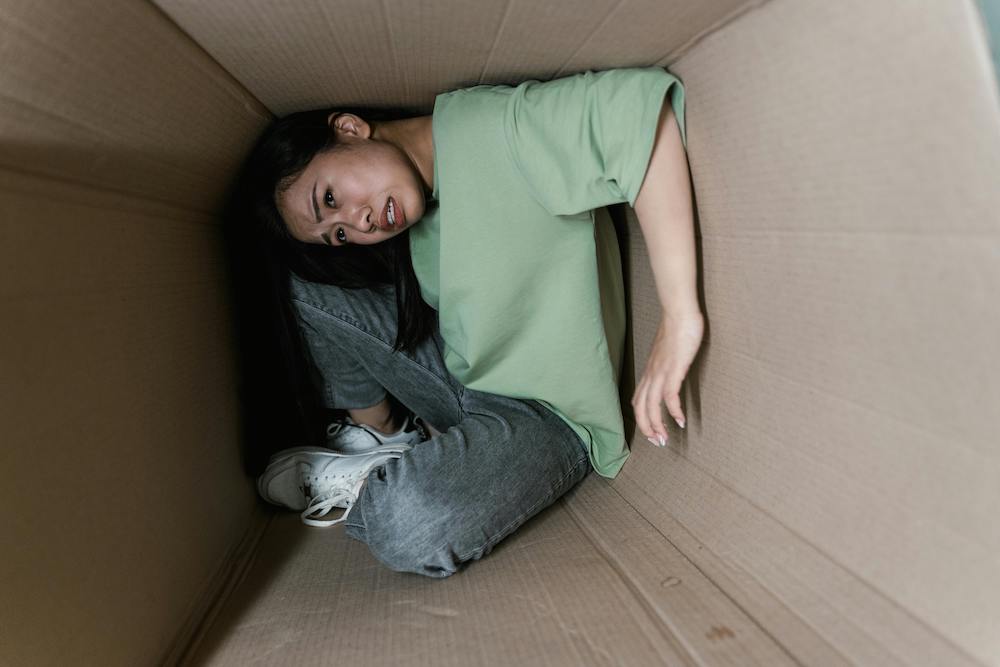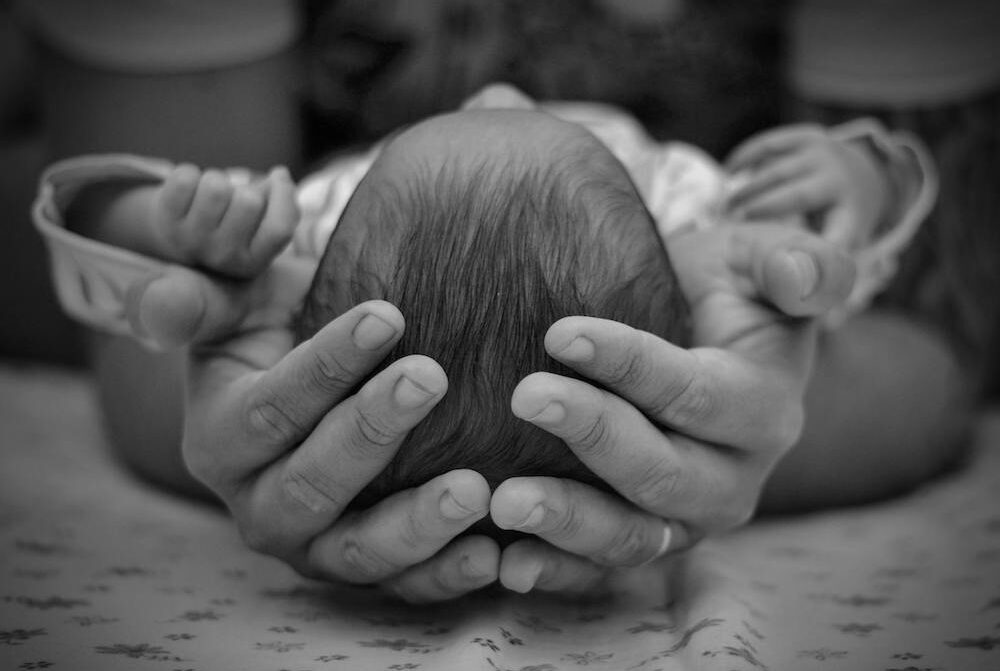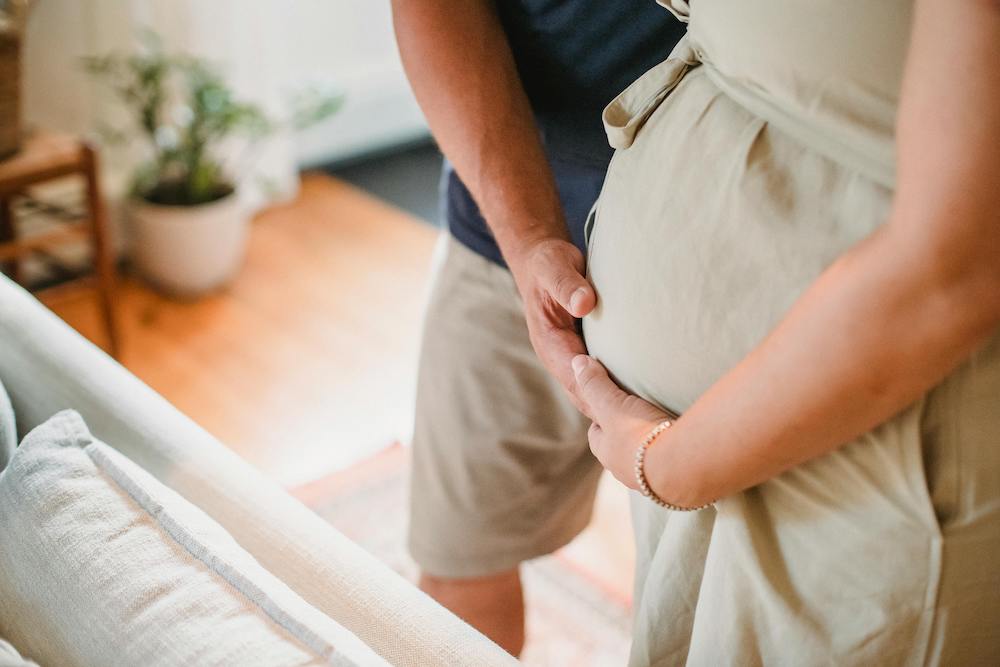postpartum health Tag
20 May Postpartum Anxiety, Panic & OCD
In honor of Maternal Mental Health in May, let’s look more closely at postpartum anxiety, panic, and obsessive compulsive disorders (OCD). Postpartum anxiety, panic and OCD are part of a broader classification of postpartum mood disorders, which also includes postpartum depression and postpartum psychosis. Postpartum anxiety disorders are very common in women, often occurring immediately or within 4-6 weeks after giving birth. Postpartum anxiety is characterized by fearful and distressing thoughts or feelings after the birth of the baby.22 Apr 5 Essential Tips for Recovery after a C-section
C-sections (cesarean sections) are fairly common these days. So common that some people may think having one is a breeze and the recovery is uncomplicated. But, a c-section is actually abdominal surgery.15 Apr The 3 Basic Tenets of Recovery after Childbirth
New mothers sometimes forget… since it took 9 months for your body to grow and develop a baby, it can also take months to feel “normal” again after giving birth. If you’re breastfeeding, you may not feel “back to normal” until after you’ve weaned. Many women never look and feel the same after giving birth. And, truly, why should we? A woman has grown, nurtured, and given birth to another person from her own body. As a result of this physiological process, some bodily changes will be temporary, others permanent. We encourage new mothers to embrace this reality and accept it as a loving initiation into motherhood.12 Feb Questions to Ask at Your Postpartum Checkup
What happens at Postpartum Checkups? After you give birth to your baby, you might be wondering how many postpartum checkups you’ll have. All mothers will have an initial checkup one to three days after giving birth. You will have a bedside visit from your provider if...








